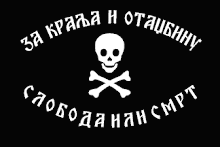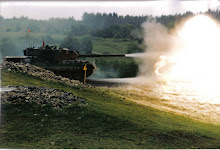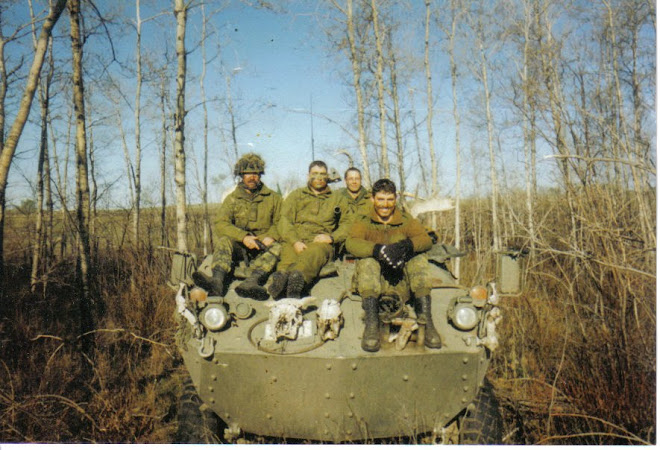A comment on the CBC website:
"Last Tuesday, a Taliban suicide bomber attacked a NATO convoy in the capital, killing 18 people, including five Americans and a Canadian NATO service member."
That's a pretty good return on the ratio of casualties: they lose one fighter and we lose eighteen. For a resistance army, that isn't bad at all. In the past, the British retreat of 1842 was a stunning setback for the empire as only one person - Dr. Brydon - alone of 16,500 people, made it out alive. Granted, that was a high point (or a low point depending on your point of view) in Afghan resistance to foreign troops, but the lessons learned then ought to be applied now. Such as:
* The First Afghan War provided the clear lesson to the British authorities that while it may be relatively straightforward to invade Afghanistan it is wholly impracticable to occupy the country or attempt to impose a government not welcomed by the inhabitants. The only result will be failure and great expense in treasure and lives.
* The British Army learnt a number of lessons from this sorry episode. One was that the political officers must not be permitted to predominate over military judgments.
* The War provides a fascinating illustration of how the character and determination of its leaders can be decisive in determining the morale and success of a military expedition.
* It is extraordinary that officers, particularly senior officers like Elphinstone and Shelton, felt able to surrender themselves as hostages, thereby ensuring their survival, while their soldiers struggled on to be massacred by the Afghans.
Despite all that, the fighting continued long past the 1881 withdrawal of British and Indian troops. So then, last lesson: in these campaigns, Britain carried on a war with Afghanistan for over 40 years.
Read more: http://www.cbc.ca/world/story/2010/05/23/kandahar-airfield-taliban-attack.html#socialcomments#ixzz0onMQqauy
Subscribe to:
Post Comments (Atom)




No comments:
Post a Comment